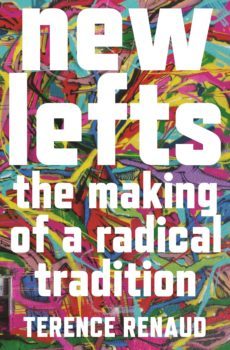
A few readers have noted that I haven’t posted on the Israel-Gaza War. The war has raged since last October, at times overtaking the news and even U.S. political debate.
That’s true enough. I haven’t written anything new on Israel and Gaza in the last few months. Here’s a brief word about why.
First, the things I said a few years ago about the Israel Palestine Conflict, sadly, still apply pretty well. I wrote a post in 2019 introducing readers to the conflict. I also expanded the post into a full chapter in my second book, Left Foreign Policy. In those outlets, I laid out the conflict as one primarily about resources, which then drives the moves Israel makes as the hegemonic power in the region.
Predictably, much of the mainstream press presents the conflict as one about religion or (Israeli) national security. Almost all sources fail to identify the ongoing Israeli occupation of the West Bank and Gaza Strip as the major cause of the current fighting. This all leads the press astray.
Second, I’ve found a few sources worth following closely. Both for the day to day details of the conflict and broader analysis. Early in the Israel Gaza War, the American Prestige podcast established itself as an great source for news, interviews, and commentary. +972 magazine also stands out as a solid source that moves beyond the pro-Israel biases that pervade the U.S. press.
Finally, I’ll admit that I struggle to find useful things to say about the Israel Gaza War. Not that there aren’t things to say, but rather that most of the things worth saying won’t help move us toward a better outcome.
I’ve moved past that phase of life where I think personal displays of awareness on social media do anything positive. Rather, I think people – myself and readers all included – should join orgs like DSA that are trying to build a better U.S. left. DSA, better than any other org, works an internationalist perspective on the Israel Gaza War into a deeper vision of what the left can become. Shouting into the void on Twitter – or even joining single-issue orgs – can’t do anything like that.



